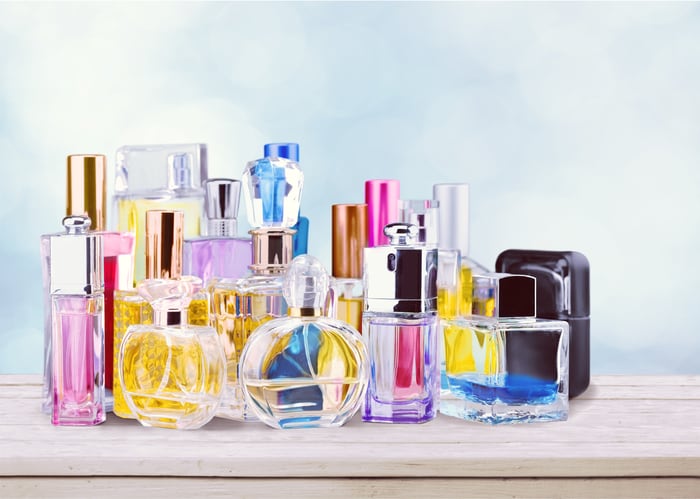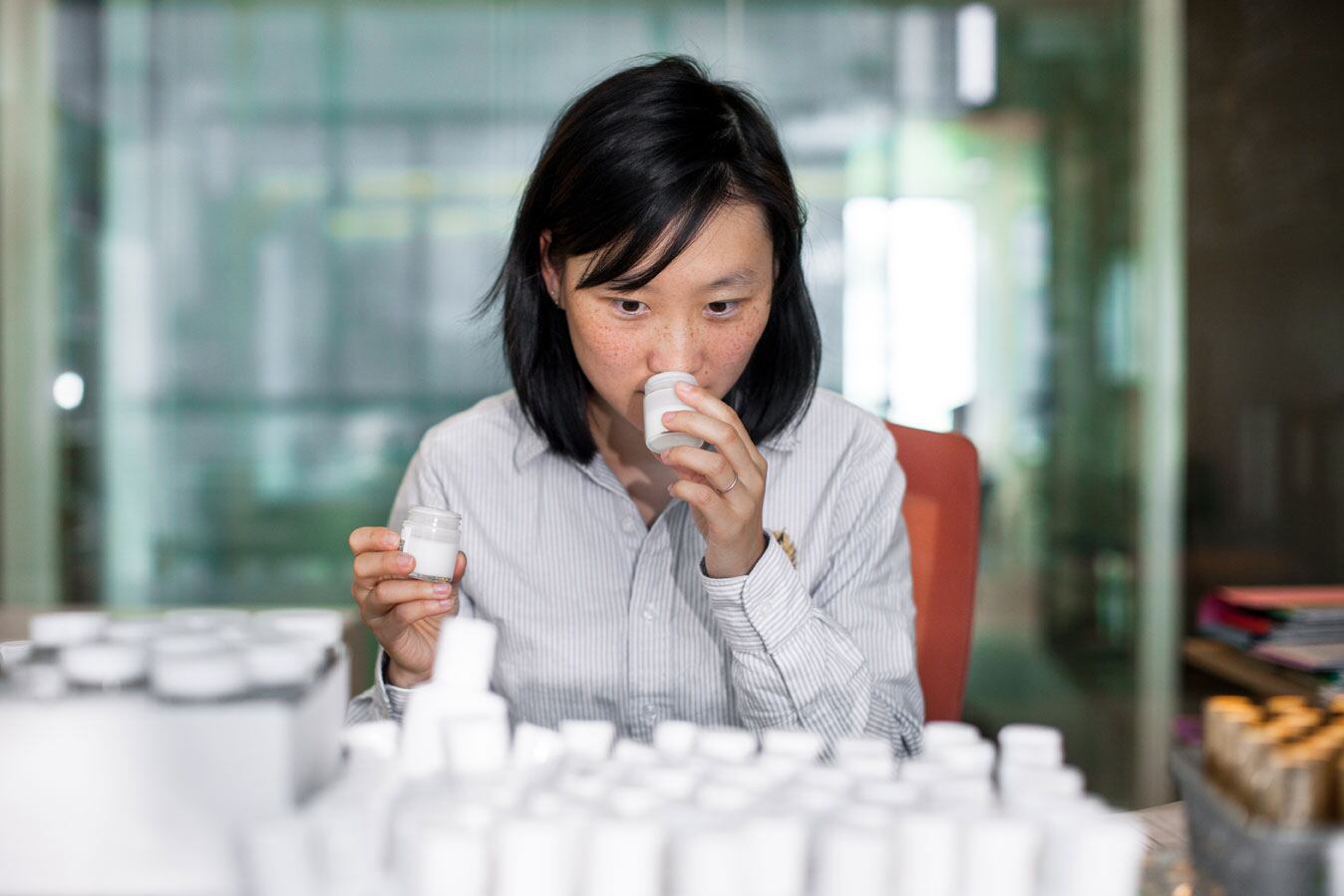The global fragrance manufacturing industry, excluding the US and Canada, generated sales of around €7.3bn in 2017, with downstream consumer packaged goods (CPG) that incorporated these fragrances totting up an estimated €357bn, according to The Value of Fragrance report, published last year by PricewaterhouseCoopers (PwC) for IFRA.
Most fragranced CPG sales came from personal care and cosmetics (68%); followed by home care and cleaning (23%); and fine fragrance (9%), with fragrances providing an estimated added value to these products of €48bn - €73bn, according to the report.
“For consumers, fragrance can meet both emotional and functional needs and can be one of the key drivers of purchase,” the report said. And findings showed consumers were willing to pay up to 88% of the price of a product for the fragrance element.
Fragrance power – triggering joy, relaxation, escape and self-esteem
Martina Bianchini, president of the International Fragrance Association (IFRA), said fragrance played a “very important role” in the emotional and wellbeing aspect of beauty and personal care products.
“Smell is an essential part of our life, yet of our five senses, it’s perhaps the most underrated but one with a unique power to stimulate the emotions, trigger memories, to attract, comfort or excite. In terms of wellbeing, fragrance can signify cleanliness and freshness,” Bianchini told CosmeticsDesign-Europe.
“This is one of the reasons why fragrance makes the difference and why the skill of perfumers is highly regarded. In a beauty or personal care product, the scent can communicate a sense of wellbeing or an emotion in a way that no other element of the product can; it is the result of a combination of science and art, and one with near-infinite possibilities,” she said.
There was an “intangible value of fragrance” in beauty and personal care, Bianchini said, that could not be ignored – a memory-evoking perfume or the clean feeling provided by a fragranced shower gel, for example. “It is highly valued by consumers; bringing joy, relaxation or a sense of escape, or boosting self-esteem.”
On a more functional level, she said the complex properties of fragrances allowed consumers to control or remove bad odours, contributing more broadly to overall wellbeing.
Fragrance a ‘key driver’ in consumer purchases
From a business standpoint, Bianchini said this intangible value then translated to higher brand engagement and purchases which, in turn, drove up revenues.
“We believe that fragrance makes the difference – not only in a product in terms of consumer satisfaction, but also in terms of the significant economic and social value it adds to consumer goods manufacturers and retailers.”
When used in CPG products, she said fragrance – usually a relatively small element in final costs – could be considered a “platform technology that helps manufacturers generate new products that attract consumers’ interest and aids their enjoyment”.
Bianchini said fragrance represented an important way for companies to differentiate from competitors, reinforce positive attributes of beauty products and give a sense of place through natural or exotic scents. Fragrance, she said, was clearly a “a key driver of consumer purchases”.




